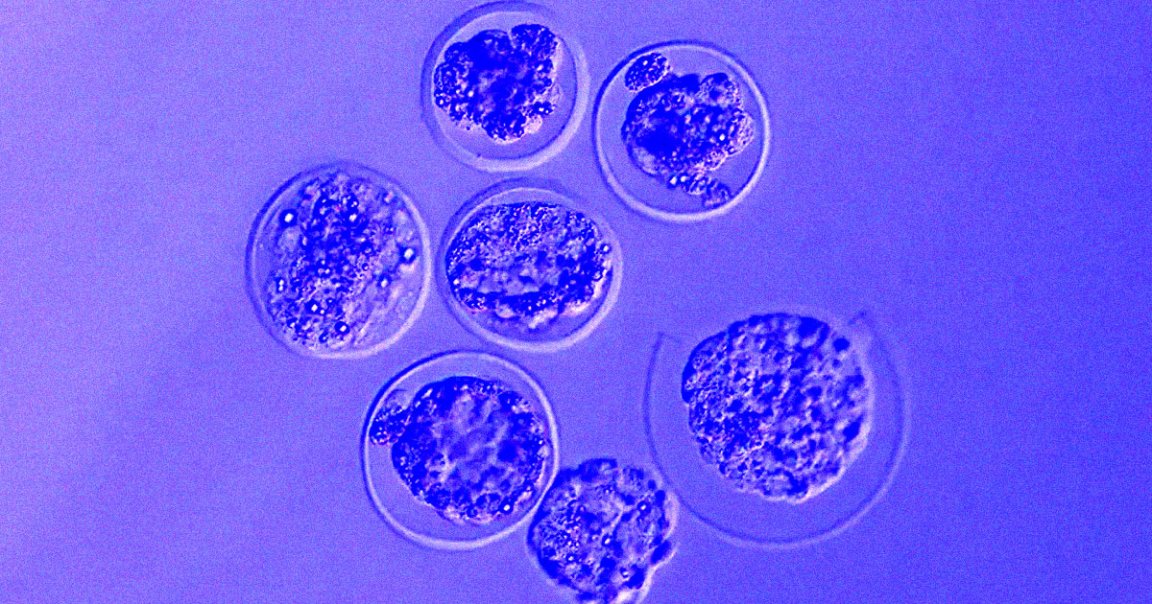
As humans gear up for an era of exploring places like the Moon and Mars, a big question arises: can humans reproduce in space?
In many ways, we’re still far out from a definitive answer, and scientists have long pointed out the potential risks involved in having sex and human conception in space.
But now, a team of scientists say it’s technically possible after successfully developing young mouse embryos on board the International Space Station — the first study of its kind.
Their research “clearly demonstrated that gravity had no significant effect,” the scientists from the Japan Aerospace Space Agency and the University of Yamanashi, who oversaw the experiment, wrote in a paper published in the journal iScience. “Elucidating the effect of space conditions, such as microgravity and radiation, on mammalian reproduction is essential to ensure the long-term survival of humans in space.”
Scientists sent a batch of 720 fertilized mice embryos, frozen at the two-cell stage, to the space station back in August 2021. The embryos were inside specially designed chambers that allowed astronauts, who don’t have expertise in embryo incubation, to thaw and incubate them.
“To thoroughly assess the actual impact of space, frozen embryos should be transported, thawed, and cultured by highly skilled experimentalists rather than relying on astronauts… however, this is not practical,” the paper reads.
With the help of the device, astronauts thawed the embryos and grew them for four days to the blastocyst stage, when the embryos are beyond the two-cell stage and are at a point in the process where they are about ready to be implanted into a uterus.
The final results showed that embryos grown on the space station had a 23.6 percent chance of reaching the blastocyst stage, while embryos in an artificial gravity scenario had a 29.5 percent chance. That’s in comparison to embryos in a control group back on Earth that reached the stage at a rate of 61.2 percent.
The scientists said that even though the blastocyst stage percentage was lower for embryos grown on the space station and in artificial gravity, it still shows that it’s technically possible to reach the blastocyst stage in microgravity.
The researchers claim this is evidence that it could be possible for humans to reproduce in space.
It’s “the first-ever study that shows mammals may be able to thrive in space,” a University of Yamanashi statement reads.
The discovery couldn’t be more pertinent, given our efforts to return humans to the surface of the Moon and eventually colonize distant planets like Mars. If we can truly reproduce in space and mitigate the risks — the sky’s the limit.
More on embryos: Startup Planning to Launch IVF and Embryo Incubator Into Space